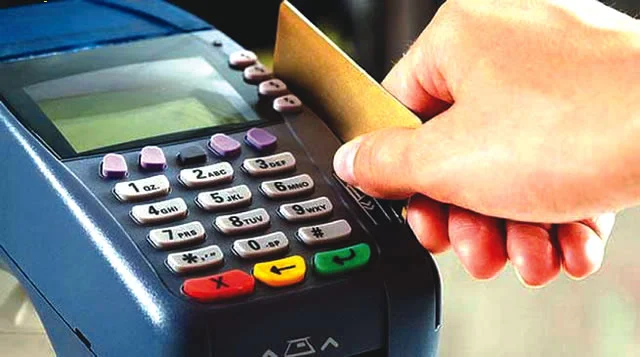By January 15, 2020, Nigeria’s banking landscape had transformed from long queues in crowded halls to digital convenience.
In the early 2000s, tasks like withdrawals or sending money involved hours of waiting or risky couriers.
The Central Bank of Nigeria (CBN) introduced reforms, including the Nigeria Inter-Bank Settlement System (NIBSS), ATMs, mobile apps, POS terminals, and USSD codes.
By the 2010s, fintech startups and banks made phones virtual banks, with mobile money agents serving rural areas.
Frustration with Failed Transactions
Despite these advances, persistent failed digital transactions frustrated Nigerians. Small businesses lost sales, and customers faced delays chasing refunds.
The Executive Director of a non-profit foundation noted that 10 out of 100 trainees didn’t receive bulk payments sent in mid-2019, with funds “hanging” unresolved. Another payment to the director took a year to settle after bank delays.
Many gave up on small sums, such as a double-debited ₦10,000 POS transaction, due to cumbersome refund processes.
Tales of Disappointment
A woman from Osun State described a failed ₦10,000 transfer in September 2019, with no reversal despite complaints and a dispute form.
A journalist recounted multiple incidents, including a ₦6,000 POS error and a ₦30,000 loss for his mother, blaming banks’ slow responses.
A Lagos resident lost ₦5,000 on a failed airtime purchase, unresolved after months. A former banker resolved a ₦30,000 dispute only after persistent complaints, underscoring banks’ indifference.
Root Causes of Failures
Financial analyst Rowland Anitche blamed outdated infrastructure struggling with high transaction volumes, especially at month-end.
Tech expert Stanley Offor cited network congestion, legacy systems, poor API integration, and unreliable internet.
Unlike global systems with real-time auto-reversals, Nigeria’s banks rely on manual processes, delaying refunds. Offor highlighted that advanced fiber networks and AI monitoring could reduce failures, but underinvestment remains a hurdle.
Eroding Trust and Economic Impact
Failed transactions undermine Nigeria’s cashless economy push, hurting small businesses and customer trust.
Respondents criticized the CBN for lax oversight, demanding stricter Service Level Agreements (SLAs) enforcement for instant reversals.
Anitche called for infrastructure upgrades to handle growing transaction volumes, while Offor urged investment in real-time APIs and cybersecurity to ensure reliability.
CBN and NIBSS Efforts
The CBN’s 2019 Electronic Payment Channels Guidelines mandated 48-hour refund resolutions, while the 2018 Instant Electronic Funds Transfer regulations required robust dispute systems.
NIBSS planned to introduce an Industry Dispute Resolution System and auto-reversal mechanisms, though these were not yet active by January 2020.
Low public awareness and weak enforcement limited their impact, with respondents calling for better education on user rights.
Path to Improvement
Despite frustrations, Nigerians preferred digital banking, likening it to a battlefield worth fighting. They urged banks, fintechs, and NIBSS to adopt global standards, invest in IT infrastructure, and enhance customer communication.
Offor recommended real-time dashboards and collaborative upgrades, while Anitche stressed CBN accountability and user vigilance.
With stronger systems and oversight, Nigeria’s digital banking could fulfill its promise of seamless transactions.






